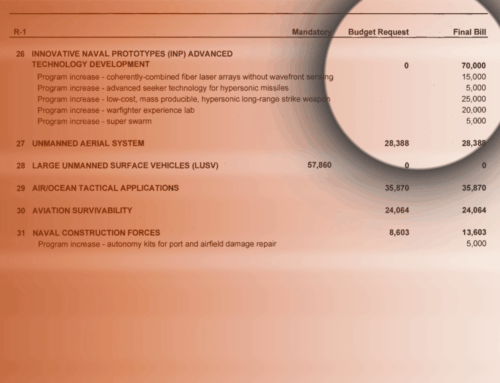Emergency designations were originally intended as a narrow exemption to spending limits to provide for true, unforeseen crises. Over time, Congress has increasingly come to treat emergency designations as a pressure valve to evade spending limits and fund non-emergency, routine government operations. Preventing further abuse of the emergency designation—and the fiscal harm that comes with it—starts with revitalizing Congress, embracing oversight, and empowering individual members with the procedural tools needed to push back against excessive and phony emergency designations.
Congress’s increasing reliance on the emergency designation to bypass budget limits has serious fiscal consequences, adding up to $15 trillion to deficits over just the past 35 years—close to half of the entire public debt. Lawmakers can reclaim control by ensuring emergency definitions are adhered to, emergency spending is offset, and transparency and congressional oversight are increased. On October 7, I spoke at a Hill briefing with Steve Ellis (President of Taxpayers for Common Sense), Rachel Snyderman (Bipartisan Policy Center), and Romina Boccia about how Congress can reclaim control of the emergency spending process. You can watch the event video here.










